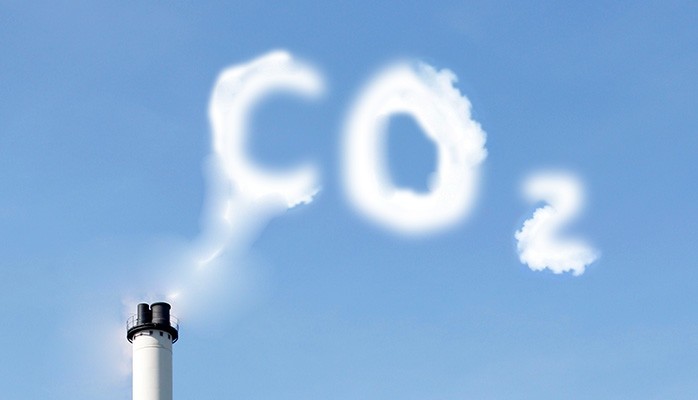
20. November 2020
With an increased focus on climate, i.e. the Danish government's goal of reducing CO2 emissions by 70 % by 2030 and the UN's development goals, the international standard for energy management, ISO 50001, is a good place to start when you as a company want to work to reduce its energy consumption and at the same time want to be able to document its work.
The international standard for energy management, ISO 50001, helps companies create systems and processes that continuously optimize and reduce their resource and energy consumption. Energy management is an effective tool for setting an ambitious energy policy and continuously working systematically with corporate energy goals at all levels.
- ISO 50001 can for instance help companies to monitor with respect to their energy goals and climate work as well as to find improvement potentials. Additionally, it is a valuable tool for documenting the company's work to improve energy efficiency, says Christine Weibøl Bertelsen, who is a consultant at Danish Standards and responsible for the committee that works with standards within energy management and energy efficiency.
However, familiarizing oneself with a standard may be challenging, especially for smaller companies with limited resources. Fortunately, there is help available for SMEs. There is a guide which can help translate the text of the standard into practical work on energy efficiency and energy management in the company. This guide shows step by step how to work with energy management based on companies' own experiences.
In addition, a new standard is on the way for step-by-step implementation of energy management, which should make it easier for small and medium-sized enterprises to introduce energy management. The standard, which is also referred to as a guide, offers companies to gradually implement energy management, depending on the maturity level of the company.
- It is the company itself that must assess how mature it is, based on a maturity model that the standard indicates. The model provides guidelines right from the company’s starting point to the complete implementation stage of energy management in relation to the maturity stages of maturity of the company, Christine Weibøl Bertelsen explains.
If the company has already implemented a quality management system, it can be considered to have a high level of mature. On the contrary, if the company has never had a visit from for example an energy consultant, it has a high level of immaturity. The company may also be mature in some aspect, but immature at others. The model must also take this into account.
To introduce the energy management system, the company should look at 12 different factors, including leadership. This could for be whether the top management expresses support for the energy management system and you want guidance on how the next step. If you are at an even higher level of maturity, where the company, for example, has an energy policy with resources that have been set aside for it, you can get tools on how to integrate energy initiatives into the daily procedures.
energiledelse som en del af sin forretning. Er modenhedsniveauet på det allertidligste stadium, får man værktøjer til, hvordan man kan flette energitiltag ind i sin dagligdag.
Standarden, ISO 50005, bliver en del af en større ISO-familie af energiledelse og forventes færdig i slutningen af 2021.
Get an insight to energy management here:
Hvad er en energiforbedring, hvornår er den tjent hjem, og hvordan kan den finansieres? For mange virksomheder og organisationer kan det være svært at beregne, hvilke energiforbedringer der kan betale sig, hvornår investeringen er tjent hjem, og h...
Energisynsstandarderne, EN 16247 1-4, som bl.a. bliver brugt i forbindelse med Energieffektivitetsdirektivet, EED, er under revision. Første offentlige høring af standarderne, som består af fire dele, kommer til sommer.
En ny rapport fra den internationale miljøorganisation CDP viser, at over 100 byer verden over benytter mindst 70 pct. vedvarende energi. Ud af dem er én dansk. Det kan standarder være med til at ændre.
En ny international undersøgelse om brug af energiledelse i ISO 50001-certificerede virksomheder bekræfter en positiv betydning af energiledelse i hele verden. Læs resultaterne her.





